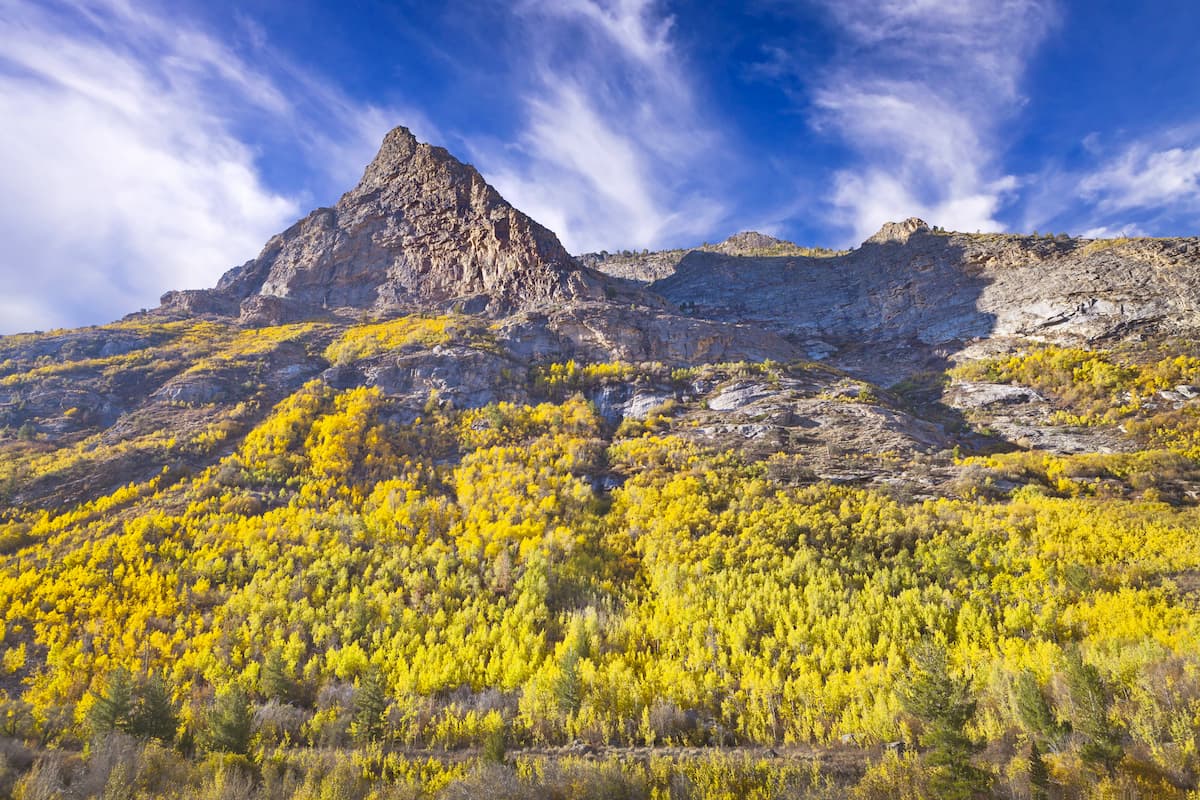The Biden administration announced on Monday a sweeping restriction on energy development in northeastern Nevada’s Ruby Mountains. The decision, which bars oil, gas, and geothermal exploration on approximately 264,000 acres of federal land for the next 20 years, has sparked heated debate over its implications for domestic energy production.
Details of the Decision
The move comes as part of an initiative led by the Interior Department, which approved an application by the U.S. Forest Service to withdraw the lands from mineral and geothermal leasing. While the ban effectively halts new energy exploration, the area will remain open to mining claims, prompting questions about the consistency of the administration’s environmental policies.
The announcement initiates a 90-day public comment period and triggers an immediate two-year moratorium on new oil, gas, and geothermal leases in the region.
Interior Secretary Deb Haaland defended the decision, stating, “The Ruby Mountains are cherished by local communities for their scenic value, cultural heritage, numerous wildlife, and benefit to the local economy through a thriving outdoor recreation industry. Today, we are taking an important and sensible step to pause new oil and gas leasing to ensure that we have the science and public input necessary to inform proposed protections of the Ruby Mountains area for future generations.”
Critics Speak Out
Opponents of the decision have characterized it as yet another blow to domestic energy production under the Biden administration. They argue that such policies undermine American energy independence, increase reliance on foreign sources, and contribute to rising energy costs for consumers.
“This is just another example of Biden’s commitment to strangling domestic energy production while appeasing radical environmentalist groups,” one critic said. “By canceling vital energy projects like the Keystone XL Pipeline and revoking leases across the West, this administration continues to make life harder for everyday Americans.”
Support from Environmental and Local Groups
The administration claims the decision was made in response to requests from Native American tribes, conservationists, and outdoor sports enthusiasts who view the Ruby Mountains as a vital ecological and cultural resource. Supporters argue that the ban is necessary to protect the area’s natural beauty, wildlife, and recreational opportunities.
The Ruby Mountains, often referred to as the “Swiss Alps of Nevada,” are home to diverse wildlife, including mule deer, mountain lions, and an isolated population of Himalayan snowcock. The range is also a popular destination for outdoor recreation, contributing to the local economy.
Timing Raises Questions
The timing of the decision has raised eyebrows, as it comes just weeks before President-elect Donald Trump takes office. Trump has pledged to prioritize domestic energy production and roll back restrictions on fossil fuel development, setting up a potential clash between his incoming administration and Biden’s outgoing policies.
The Broader Context
This decision aligns with a pattern of policies from the Biden administration aimed at conserving public lands and curbing fossil fuel use. However, critics argue these actions have harmed U.S. energy independence and contributed to economic pressures.
By withdrawing the Ruby Mountains from energy development while leaving them open to mining claims, the administration’s policy highlights the ongoing tension between environmental conservation and the nation’s energy needs.
Public Comment Period
The public has 90 days to submit feedback on the proposed 20-year withdrawal. The debate is expected to intensify as stakeholders from environmental groups, the energy sector, and local communities weigh in on the future of the Ruby Mountains.

